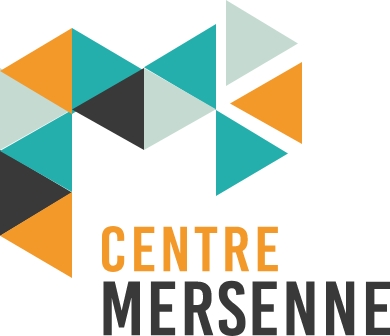The choice of a Creative Commons license remains the choice of an author or a journal. However, the impact of the choice of certain licences must sometimes be taken into account.
Funder’s request
Some funders require authors to have a CC-BY licence. For example, UKRI requires authors whose research they have funded to publish in CC-BY or exceptionally CC-BY-ND or CC-BY-NC.
It is the responsibility of the author, at the time of submission, to check whether the journal accepts the licence requested by its funder. Tools exist to find out the policy of funders, for example Sherpa Juliet.
Apply to DOAJ Seal
The Directory of Open Access Journals (DOAJ) is a platform that indexes and provides access to open access scientific journals. It recommends the use of CC licences.
The DOAJ Seal is a label that highlights journals that comply with good open access practices. For a standard application, all licences are accepted. However, to apply for the DOAJ Seal, only the following licences should be used:
- CC BY
- CC BY-SA
- CC BY-NC
- CC BY-NC-SA
ND licences prohibiting the modification of documents are prohibitive for the DAOJ Seal.
The case of the CC0 license?
The choice of a Creative Commons licence, while it allows the permissions granted by the author to be specified, does not replace French law.
In French law, according to Article L121-1 of the Intellectual Property Code defining the moral rights of authors: “The author enjoys the right to respect for his name, his status and his work. This right is attached to his person. It is perpetual, inalienable and imprescriptible. It is transmissible on death to the author’s heirs.” Therefore, a work cannot be quoted or re-used without citing its author, even if it has fallen into the public domain.
The CC0 licence proposes the renunciation of its copyright. We have seen that moral rights are “perpetual, inalienable and imprescriptible”. An author cannot fully waive his rights.
Therefore, the Creative Commons licence is not a substitute for copyright law. It simply specifies, in a simple manner, the permissions granted by the author. Thus, in France, using the CC0 licence is in practice equivalent to using the CC-BY licence.


